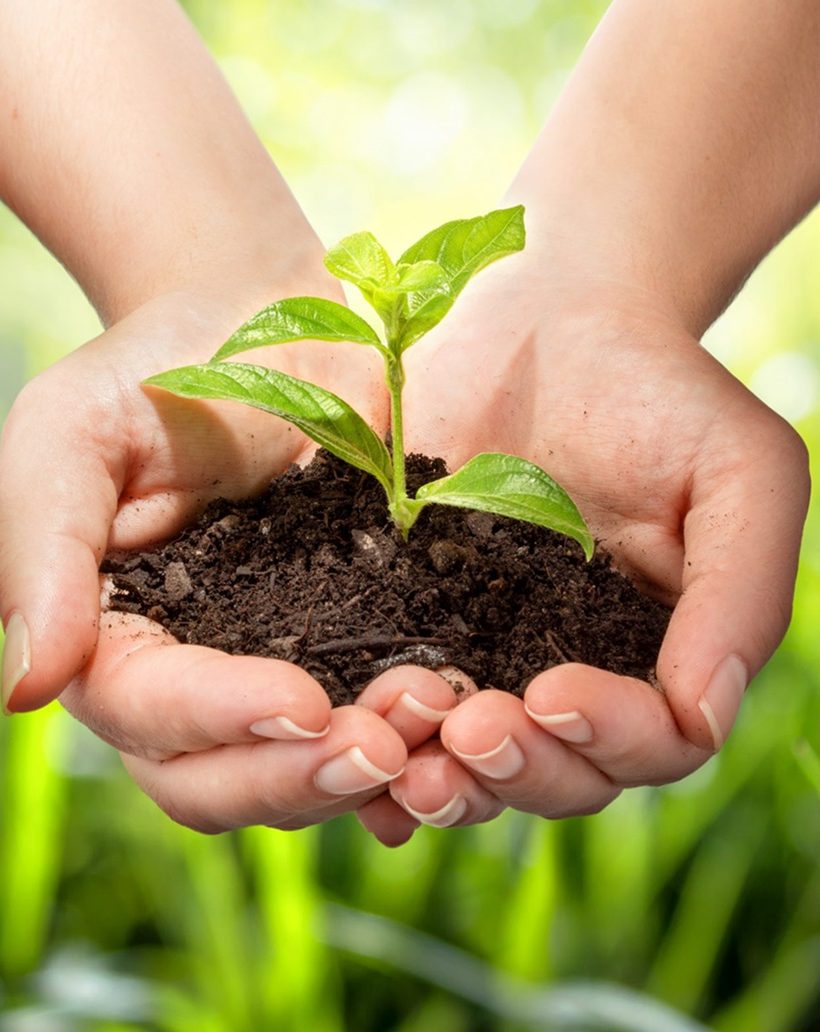Throughout history, plants have played a crucial role in the development of human societies. From providing food and medicine to shaping landscapes and cultures, flora has been intertwined with the progress of civilization. As we look towards the future, it is essential to recognize the importance of preserving plant diversity and promoting sustainable practices that support both environmental health and societal well-being.
One of the key ways in which plants contribute to societal progress is through their role in agriculture. Since the dawn of agriculture thousands of years ago, plants have been cultivated for food, fiber, and fuel. Today, crops like wheat, rice, Plants and Society 9th Edition corn feed billions of people around the world. In addition to providing sustenance, plants also play a critical role in maintaining soil health and biodiversity. By practicing sustainable farming techniques such as crop rotation and organic farming methods, we can ensure that our agricultural systems remain productive for generations to come.
In addition to their role in agriculture, plants also provide a wealth of medicinal benefits. Many modern pharmaceuticals are derived from plant compounds found in traditional herbal remedies. Plants like ginseng, echinacea, and turmeric have been used for centuries to treat a variety of ailments. By studying these natural compounds and harnessing their healing properties, scientists are developing new drugs that could revolutionize healthcare.
Plants also play a vital role in shaping our physical environment. Trees help regulate climate by absorbing carbon dioxide from the atmosphere and releasing oxygen through photosynthesis. Forests act as natural filters for air and water pollutants while providing habitat for countless species of wildlife. By planting trees and preserving natural habitats, we can mitigate climate change effects while protecting biodiversity.
Culturally speaking, plants have shaped human societies in profound ways. From ancient civilizations worshiping sacred trees to modern urban gardens bringing communities together, flora plays an integral part in our cultural identity. Botanical gardens showcase the beauty and diversity of plant life while serving as centers for education and research.
As we face challenges such as climate change, deforestation, loss of biodiversity,and food insecurity,it is more important than ever to prioritize sustainable practices that support both environmental healthand societal well-being.Planting trees,reducing waste,and supporting local farmers are just a few ways individuals can make a positive impact on our planet’s future.

